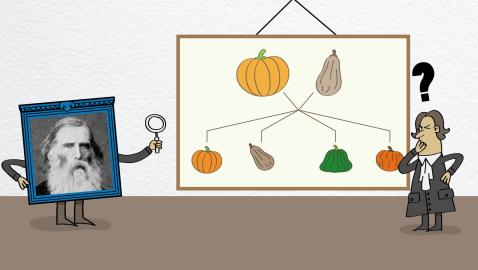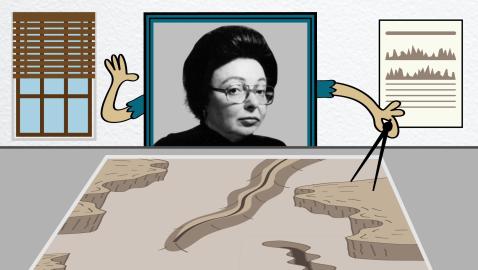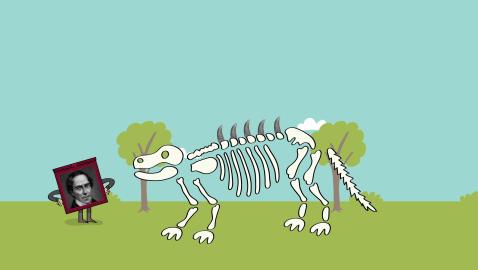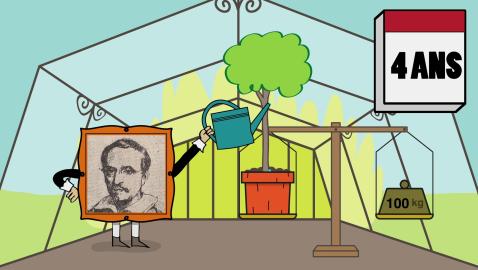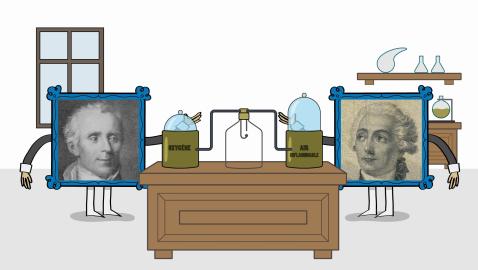Series
La science à découvert
20 episodes
Science in the open tells the stories of scientific discoveries since the dawn of science, from antiquity to the present day, covering every field from astronomy and chemistry to biology, mathematics and economics.
Watch
Share
Subjects:
French level:
